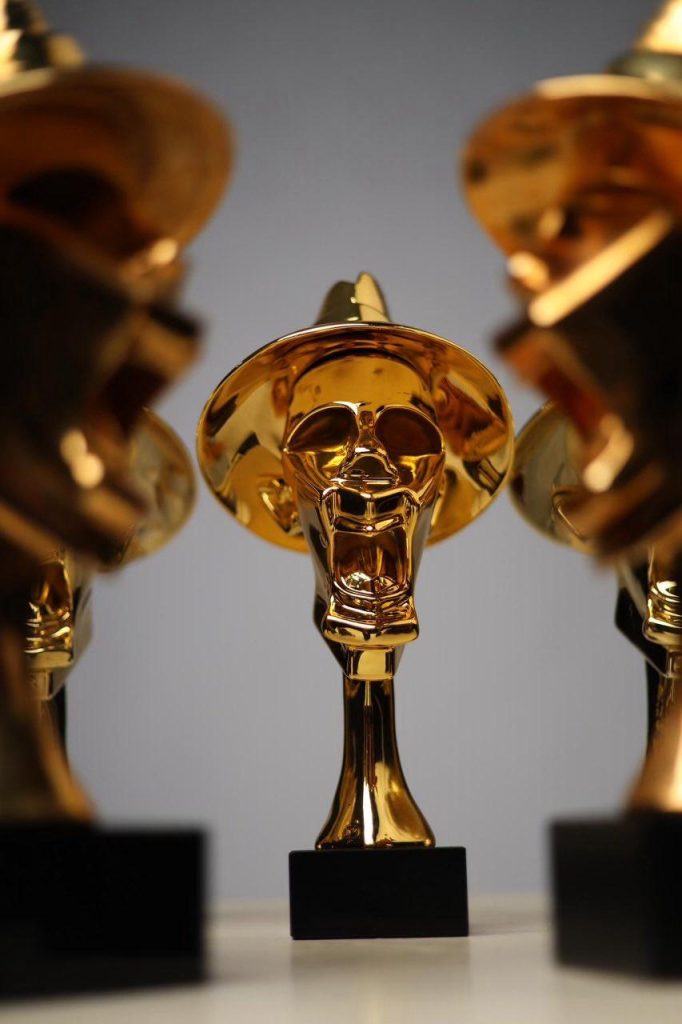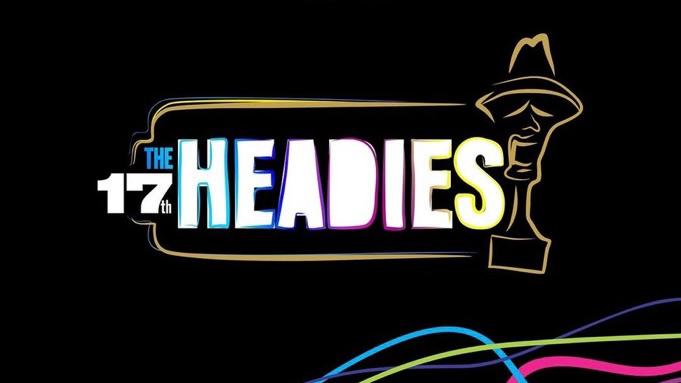Every year, the standout artists and creations of the Nigerian music industry are recognised at The Headies, the nation’s biggest music award ceremony. However, the way the ceremony is perceived by the public and industry players alike is interesting, to say the least. This begs the question: what’s the point?
Originally named “Hip Hop World Awards”, The Headies started in 2006. Since then, it has been the most notable platform for music industry honours. Categories like “Next Rated” are seen as career-defining: it almost certainly cements the recipient in the eyes of the public as a budding superstar, with a list of alumni including Wizkid, Asa, Wande Coal and Rema. If you need to know just how sought-after this category is, ask Olamide & Don Jazzy. For younger or independent artists, a nomination alone can legitimise their grind. It’s a stamp of industry recognition. Music awards also spawn winners in more ways than one: data from The Grammys indicates that award nominees see a boost in streaming numbers immediately after the ceremonies.

Beyond individual artists, awards like The Headies help shape the soundscape. The introduction of new categories like “Best Street-Hop Artiste” or “Best Alternative Song” signals that certain genres and movements are no longer fringe; they belong. Thus, year by year, the award show becomes an archive, charting how Nigerian music evolves. It helps tell a cohesive story of where the sound has been, and where it might be going.
There’s a notion that Nigerians only rate things when they’re foreign; the average Nigerian views the word “local” as an insult. The Headies doesn’t carry the same weight as a Grammy either in public opinion or in the industry, and some nominated artists even skip the show altogether. But couldn’t we argue that this is exactly why it matters? Local awards should provide us with the opportunity to define and celebrate success on our own terms, not by what is most palatable to a foreign audience. The more we uphold platforms like The Headies, the more we strengthen our own creative economy. It encourages investment, fuels competition, and builds a sense of pride around being recognised at home.
Of course, the award show isn’t without its drama. From category “snubs” to questionable choices of venues to viral acceptance speeches (or absences), each edition sparks heated debate. In fact, one tweet posits that it’s so poorly executed on purpose to keep us talking, as the gap between the quality of Nigerian music and the award show is so large that it’s almost laughable. But that, in itself, is a form of impact. The fact that people care enough to argue over who deserved what is proof of cultural investment.
Award shows like this become a yearly pulse check on the industry. They reflect who’s hot, who’s rising, and sometimes, who’s getting left behind. That kind of public discourse, messy as it may be, is a necessary part of any thriving creative scene. In today’s music world, where virality can make a career overnight, we need structure, continuity, and legacy. This is what the award shows (should) stand for.

Leave a Reply